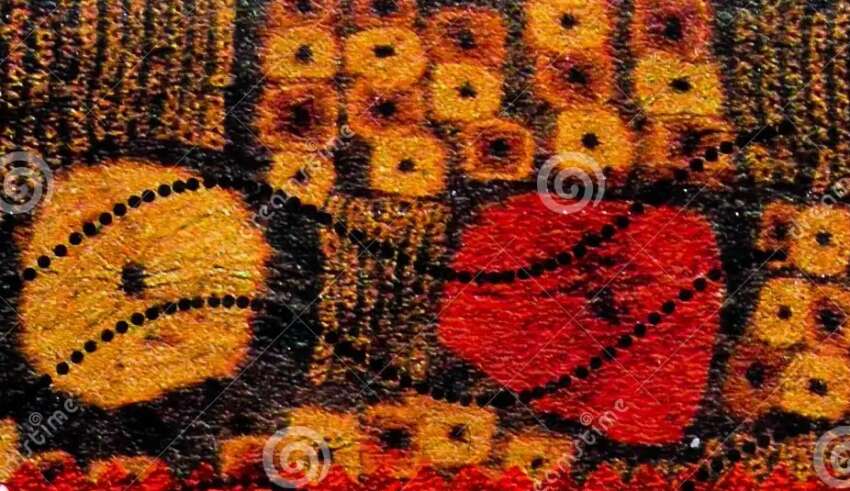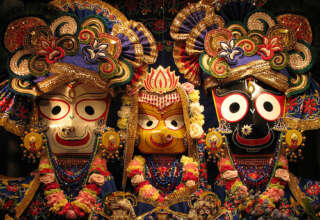
Until 1958, governors appointed in Paris administered the colony of Ivory Coast, using a system of direct, centralised administration that left little room for Ivorian participation in policy-making. The French colonial administration also adopted divide-and-rule policies, applying ideas of assimilation only to the educated elite. The French were also interested in ensuring that the small but influential Ivorian elite was sufficiently satisfied with the status quo to refrain from developing anti-French sentiments and calls for independence. Although strongly opposed to the practices of association, educated Ivorians believed that they would achieve equality in the French colonial system through assimilation rather than through complete independence from France. After the assimilation doctrine was implemented through the postwar reforms, though, Ivorian leaders realised that even assimilation implied the superiority of the French over the Ivorians and that discrimination and inequality would end only with independence.
Félix Houphouët-Boigny, the son of a Baoulé chief, became Ivory Coast’s father of independence. In 1944, he formed the country’s first agricultural trade union for African cocoa farmers like himself. Angered that colonial policy favoured French plantation owners, the union members united to recruit migrant workers for their own farms. Houphouët-Boigny soon rose to prominence and was elected to the French Parliament in Paris within a year. A year later, the French abolished forced labour. Houphouët-Boigny established a strong relationship with the French government, expressing a belief that Ivory Coast would benefit from the relationship, which it did for many years. France appointed him as a minister, the first African to become a minister in a European government. A turning point in relations with France was reached with the 1956 Overseas Reform Act (Loi Cadre), which transferred several powers from Paris to elected territorial governments in French West Africa and also removed the remaining voting inequities. On 4 December 1958, Ivory Coast became an autonomous member of the French Community, which had replaced the French Union.
By 1960, the country was easily French West Africa’s most prosperous, contributing over 40% of the region’s total exports. When Houphouët-Boigny became the first president, his government gave farmers good prices for their products to further stimulate production, which was further boosted by a significant immigration of workers from surrounding countries. Coffee production increased significantly, catapulting Ivory Coast into third place in world output, behind Brazil and Colombia. By 1979, the country was the world’s leading producer of cocoa. It also became Africa’s leading exporter of pineapples and palm oil. French technicians contributed to the “Ivorian miracle”. In other African nations, the people drove out the Europeans following independence, but in Ivory Coast, they poured in. The French community grew from only 30,000 before independence to 60,000 in 1980, most of them teachers, managers, and advisors. For 20 years, the economy maintained an annual growth rate of nearly 10%—the highest of Africa’s non-oil-exporting countries.
In October 1995, Henri Bédié overwhelmingly won election against a fragmented and disorganised opposition. He tightened his hold over political life, jailing several hundred opposition supporters. In contrast, the economic outlook improved, at least superficially, with decreasing inflation and an attempt to remove foreign debt. Unlike Houphouët-Boigny, who was very careful to avoid any ethnic conflict and left access to administrative positions open to immigrants from neighbouring countries, Bedié emphasised the concept of Ivoirité to exclude his rival Alassane Ouattara, who had two northern Ivorian parents, from running for the future presidential election. As people originating from foreign countries are a large part of the Ivorian population, this policy excluded many people of Ivorian nationality. The relationship between various ethnic groups became strained, resulting in two civil wars in the following decades. Similarly, Bedié excluded many potential opponents from the army. In late 1999, a group of dissatisfied officers staged a military coup, putting General Robert Guéï in power. Bedié fled into exile in France. The new leadership reduced crime and corruption, and the generals pressed for austerity and campaigned in the streets for a less wasteful society.







